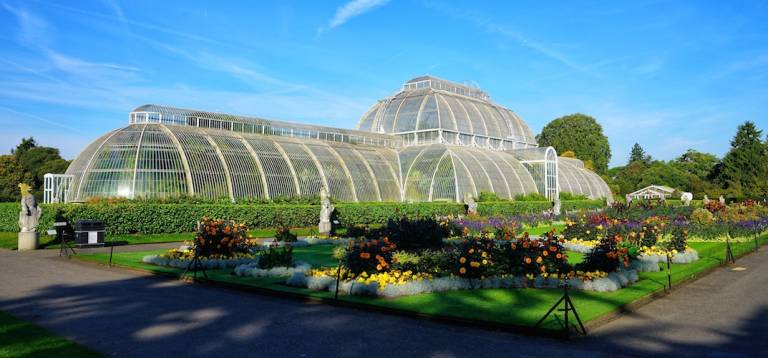Movers and shakers: How UCL academics shaped the study of ecology and evolution
The emerging disciplines of biological field studies and of ecology have been embedded in UCL from the early days of both the university and the sciences themselves. A number of key UCL academics were fundamental in shaping the study of ecology and evolution.

Kew Gardens may be famous as a world-leading botanic garden but without the help of a UCL academic, it may not have existed today.
UCL's first Professor of Botany, John Lindley, chaired an enquiry which effectively rescued the Royal Botanic Garden at Kew from the Chancellor of Exchequer's intention to dispose of it to save money.
As well as being influential in their own right, UCL academics also helped the work of other leading individuals. Robert Grant became the first UCL Professor of Zoology and also introduced Charles Darwin to systematic biological surveying.
One of the biggest contributions came from Professor Francis Oliver, who was a very significant mover and shaker in transforming traditional "nature study" to scientific natural history and establishing fieldwork as an essential complement to laboratory and museum studies.
In 1903, together with a young colleague, Arthur Tansley, Professor Oliver took a small group of students to study marsh and water associations around the Norfolk Broads and the nearby coast. Over the next few years, he extended these expeditions, taking larger groups to the French coast, near St Malo, and then to Blakeney Point in Suffolk. The results from these studies in maritime vegetation were instrumental in transforming botany from a static description of the status quo to a concentration on the dynamic processes of colonisation and extinction.
Links
Image
- Credit: Richard Mcall, Source: Pixabay
 Close
Close

